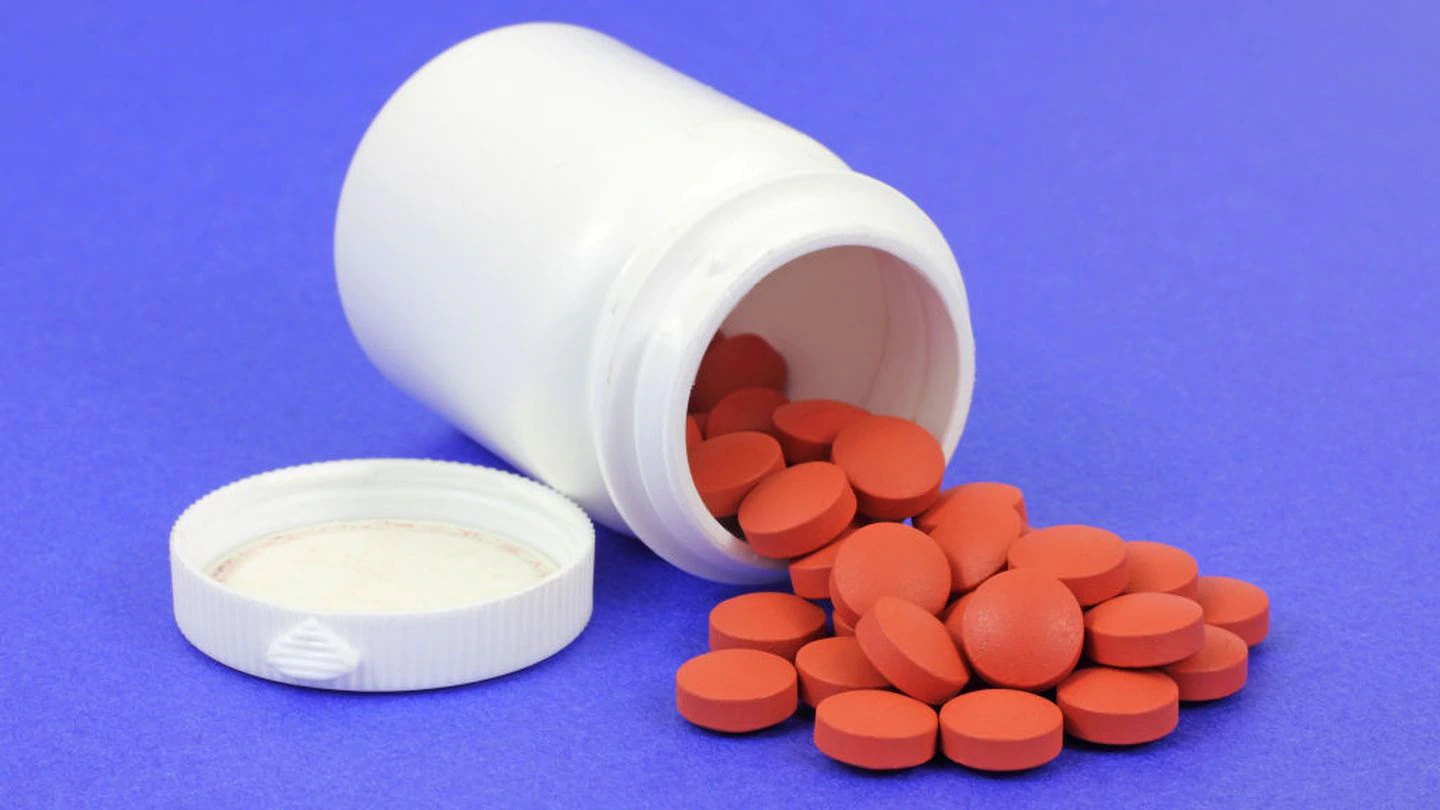A team of researchers from Guy’s and St Thomas’ Hospital and King’s College, London, is conducting a clinical trial to see if ibuprofen could help patients with COVID-19 who are hospitalized.
The team believes ibuprofen, which is one of the most commonly prescribed non-steroidal anti-inflammatory drugs (NSAIDs), could treat breathing difficulties in COVID-10 patients. They hope the low-cost drug could keep patients from needing ventilators.
Sold under the brand name Advil or Motrin, ibuprofen is used for treating pain, fever, and inflammation.
The trial, called Liberate, will use a special formulation of the drug rather than standard tablets that people often buy. Some patients take liquid capsules of ibuprofen to treat chronic conditions like arthritis.
In the trial, half of the patients will receive the drug along with usual care.
Animal studies have found that the drug might treat acute respiratory distress syndrome (ARDS), which is one of the common and severe complications of coronavirus.
Prof. Mitul Mehta from King’s College London said, “We need to do a trial to show that the evidence actually matches what we expect to happen.”
In the early phase of the pandemic, experts raised concerns over the effect of ibuprofen and said the drug might be bad for some people with mild coronavirus symptoms.
Things got escalated when Health Minister of France Oliver Veran said that taking NSAIDs, such as ibuprofen, could aggravate the COVID-19 infection. Instead, he advised patients to take acetaminophen, such as paracetamol (Tylenol).
However, the Commission on Human Medicines quickly concluded that ibuprofen, like paracetamol, was safe for patients with coronavirus symptoms. Both drugs are effective at bringing the fever down and offering relief from flu-like symptoms.
The National Health Service (NHS) England advises people to take Tylenol first for mild coronavirus symptoms because as it has fewer side effects than ibuprofen. The health agency says paracetamol is a much safer choice for most people. Ibuprofen, on the other hand, has a few contraindications. For instance, the drug is not safe for people with stomach ulcers or kidney disease.























